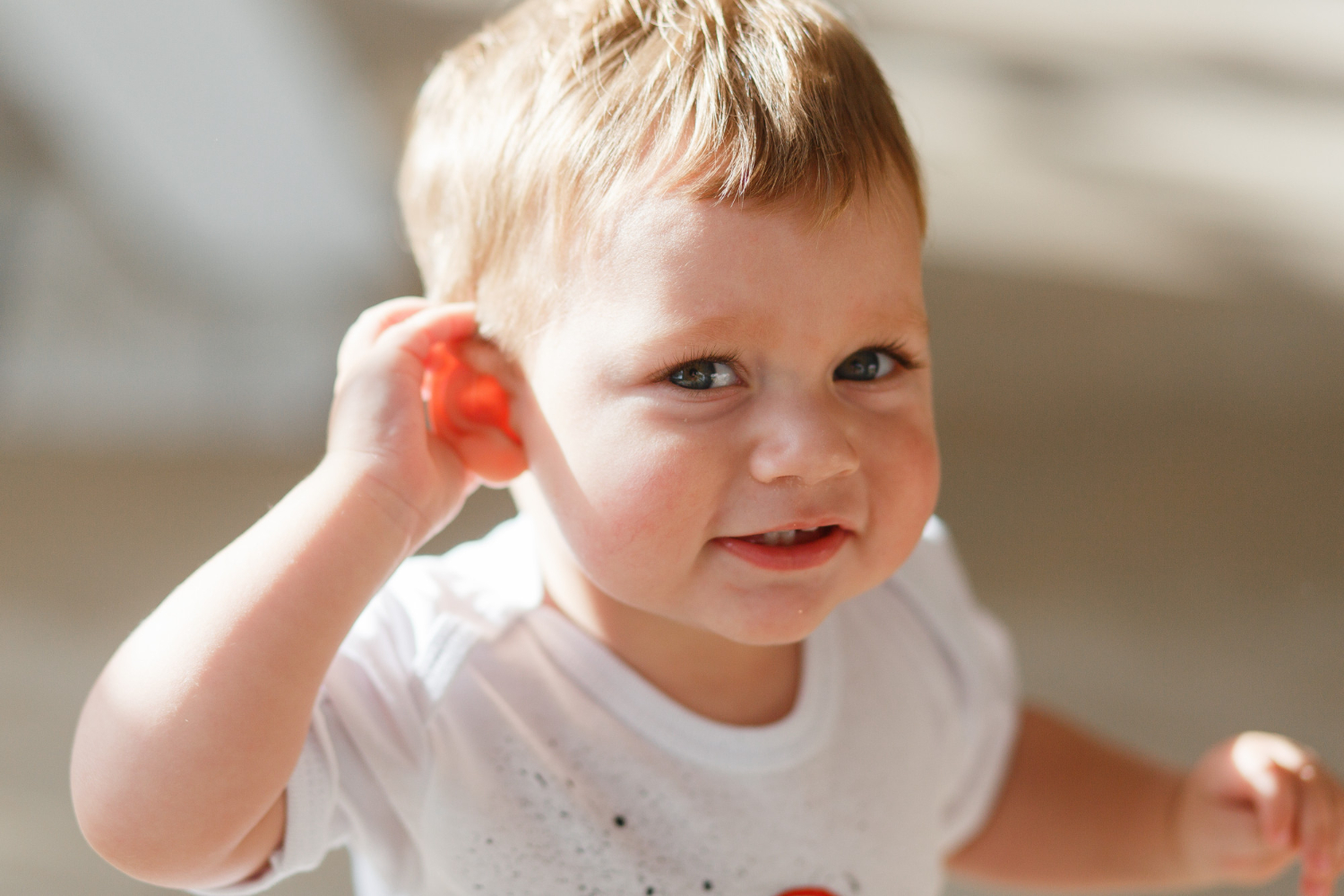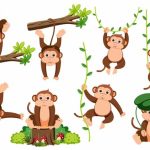As parents, we’re often filled with an unquenchable curiosity about the developmental milestones our little ones will experience. Baby hearing is one of the most fascinating aspects of their growth, and understanding when babies start hearing after birth can help us better appreciate the journey our tiny bundles of joy embark upon. In this blog post, we’ll unravel the enigma of a baby’s hearing and unveil the month when babies start hearing, as well as some other fascinating tidbits related to infants hearing after birth.
The Miracle of Baby Hearing: The First Steps
Like a butterfly emerging from a cocoon, your baby’s senses gradually awaken as they transition from the womb into the outside world. It’s no secret that the sense of hearing plays a significant role in their development, but when does this miracle of baby hearing actually begin? To answer that question, we must take a closer look at the journey of infants hearing after birth.
Did you know that a baby’s hearing development starts before they are even born? That’s right! Your little one starts to develop their auditory system around the 18th week of pregnancy, and by the 24th week, they can already respond to external sounds. So, even before they take their first breath, your baby is already acquainted with the sounds of your heartbeat, your voice, and the muffled noises from the environment.
The First Month: A Symphony of Sounds
The first month after birth is a critical time for baby hearing development. Infants hearing after birth is functional, but it’s still a far cry from the sophisticated auditory processing capabilities of an adult. During this initial phase, babies can hear sounds, but they may have trouble distinguishing and localizing them. So, while they can recognize your voice from the womb, other noises might be harder for them to pinpoint.
The Second Month: Baby Hearing Hits a New High Note
As your baby approaches their second month, their hearing continues to improve. At this stage, you’ll likely notice them responding to familiar voices and sounds. They might even turn their head toward the source of the noise or startle at sudden, loud sounds. This is a delightful sign that your baby’s hearing is progressing as it should, and you can’t help but marvel at this remarkable new milestone.
The Third Month: A New Era of Baby Hearing
By the third month, baby hearing has reached a new level of sophistication. Your little one can now detect a wider range of frequencies and is better able to localize sounds. This improved auditory prowess allows them to gain a deeper understanding of the world around them. You may find your baby cooing and babbling in response to your voice or other sounds in their environment – a delightful indicator that they are beginning to engage in early communication!
The Fourth Month and Beyond: Hitting the Baby Hearing Stride
From the fourth month onwards, your baby’s hearing will continue to develop at a rapid pace. They will become more adept at recognizing familiar voices, as well as differentiating between various sounds and pitches. Babies begin to develop their listening abilities during this time, which will be essential to their capacity to acquire the language and effectively communicate.
So, when does a baby’s hearing fully develop? While there’s no definitive age, research suggests that most babies will have an adult-like hearing by the age of six months.
Supporting Your Baby’s Hearing Development
Now that we’ve discovered the month when babies start hearing and the progress they make thereafter, you might be wondering how you can support your little one’s auditory development. Here are some tips to help nurture your baby’s hearing:
Engage in conversation: Talk to your baby often and make eye contact. This not only strengthens your bond but also exposes them to different tones, pitches, and speech patterns, which are essential for language development.
Sing and read to your baby: Lullabies, nursery rhymes, and stories are not only entertaining but also provide a rich auditory experience that supports baby hearing development. Make it a habit to sing and read to your baby, even from an early age.
Provide a stimulating environment: Expose your baby to various sounds in their surroundings, such as music, nature sounds, and household noises. This will help them develop their ability to differentiate between sounds and improve their overall auditory processing skills.
Encourage playtime with sound-producing toys: Toys that make noises, such as rattles, musical instruments, and squeaky toys, can be beneficial for your baby’s hearing development. These toys engage their auditory senses and encourage them to explore the world of sounds.
Monitor noise levels: While it’s essential to expose your baby to a variety of sounds, it’s equally important to ensure that noise levels are not too high. Prolonged exposure to loud noises can be harmful to a baby’s hearing, so keep volumes at a comfortable level and avoid exposing your little one to excessively loud environments.
The Importance of Baby Hearing Checkups
Routine hearing checkups are crucial for monitoring your baby’s hearing development and detecting any potential issues early on. Most hospitals perform a hearing screening shortly after birth, but it’s essential to continue monitoring your child’s hearing as they grow.
If you notice any signs of potential hearing problems, such as delayed speech development, lack of response to sounds, or frequent ear infections, consult with your pediatrician or a hearing specialist. Early detection and intervention can significantly improve outcomes for children with hearing difficulties.
In Conclusion
The journey of infants hearing after birth is a fascinating and complex process that unfolds gradually over several months. From the first month, when babies start hearing, to the subsequent months of rapid development, your baby’s auditory system undergoes remarkable transformations. By understanding this incredible journey and supporting your little one’s auditory development, you can help set the stage for a lifetime of successful communication and language skills.
So, let us celebrate the incredible symphony of sounds that unfold in the world of baby hearing, and nurture the precious gift of hearing that our little ones will carry with them throughout their lives. Visit EuroKids to learn more.















